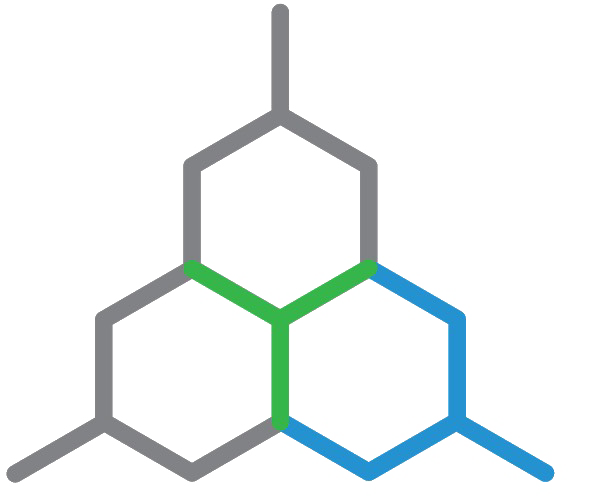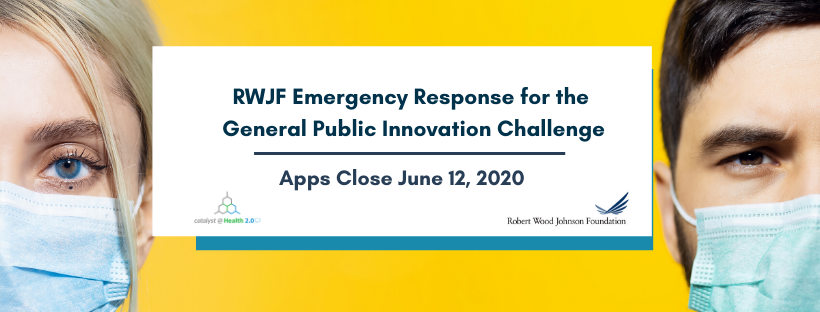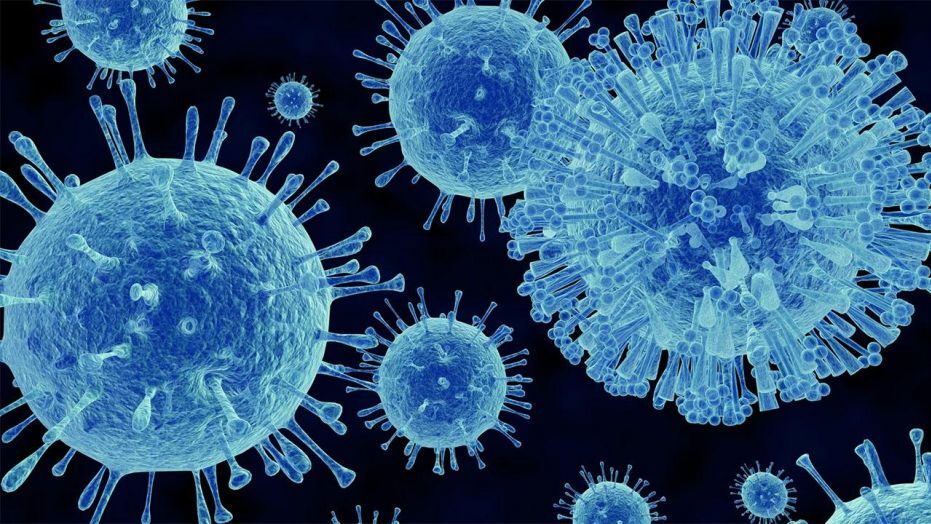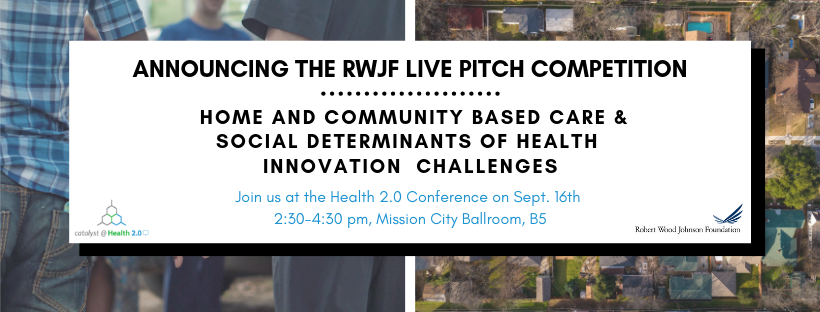RWJF Emergency Response Challenges: 250+ Phase I Applications
Thank you to all the innovators who submitted their applications to Phase I of the RWJF Emergency Response Innovation Challenges. Applications for both Challenges are now closed. We are proud to announce a record breaking number of submissions! The Health Care System Challenge received 132 applications, while the General Public Challenge received 123 applications. The entries will now be reviewed by an expert panel of judges across the payer, provider, health tech, investment, design, and emergency preparedness industries.The review panel will help select five semi-finalists per challenge to advance to Phase II of the challenge. The semi-finalists will be announced in mid-July.
Rapid Response Open Calls: Connecting Providers to Health Tech Solutions
During COVID-19, organizations and health systems are faced with a myriad of challenges, such as insufficient supply chain, staff and resource shortages. In these uncertain times, Catalyst @ Health 2.0 is proud to collaborate with the Robert Wood Johnson Foundation to offer funding for health care providers with limited resources who are seeking to leverage digital health solutions through our Rapid Response Open Calls (RROCs).
RROCs are streamlined calls for applications that connect health care providers to digital health solutions. Deployed as part of Catalyst’s Health Tech Responds to COVID-19 platform, Catalyst created the RROC to address an urgent need from Brigham and Women’s Hospital (BWH) Emergency Department for provider-facing, text based platforms to help healthcare professionals self-monitor symptoms of coronavirus, report burnout, and access helpful resources. Within one day, the Brigham and Women’s Health RROC was launched. In a 7-day application period, Catalyst received an overwhelmingly positive response with more than 80 quality submissions. BWH was able to evaluate the submissions through a streamlined process and 5 innovators were selected to demo their solutions to the BWH ED team. BWH began pursuing a potential partnership with one of the semi-finalists.
Are you a health care provider with limited resources who is interested in participating in a subsidized RROC? Apply HERE for consideration.
Happify Health Inks Partnership with AHA on Cardiovascular Digital Health Program
Happify Health, a behavioral health company, announced the launch of a digital metal health program with the American Heart Association (AHA). The program, Heart and Mind, aims to reduce stress and encourage healthy behaviors among people with high blood pressure and high cholesterol. Through 10 four-week programs, users are taught stress-reduction strategies, heart-healthy eating habits, and risk factors identified by the AHA. Heart and Mind is being delivered through the company's platform for employer and health plan customers.














